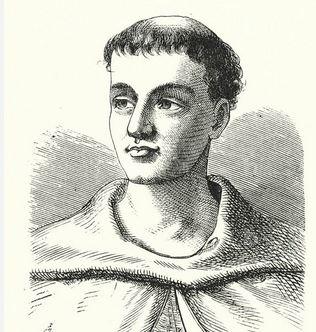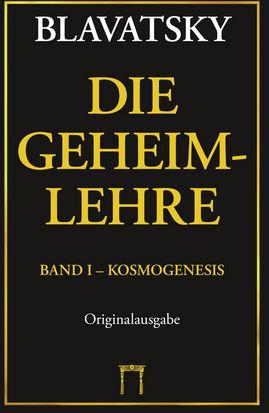Johannes Tauler

🧘♂️ Who Was Johannes Tauler?
Johannes Tauler (c. 1300–1361) was a German Dominican mystic, preacher, and theologian, known as one of the most influential figures of the German mystical tradition. He was a student of Meister Eckhart and associated with the Friends of God, a lay spiritual movement during the 14th century.
✨ What He’s Known For
1. Mystical Theology
-
Tauler emphasized a deep, interior union with God, beyond intellectual knowledge or external ritual.
-
He focused on spiritual detachment, self-emptying (Gelassenheit), and the inner transformation of the soul.
2. Preaching
-
Unlike some abstract mystics, he was a practical preacher who spoke directly to people’s lives.
-
He used clear, heartfelt language (in German, not Latin), making him accessible to laypeople.
3. The "Inner Ground"
-
One of his core ideas is that God dwells in the innermost ground of the soul, and that the soul must become quiet and empty to experience divine union.
-
Echoes of this appear in later Christian mysticism and even in more modern contemplative practices.
📚 Writings
He didn’t write formal theological treatises—his work survives mainly in sermons, which were compiled posthumously. These sermons are:
-
Deeply Christ-centered
-
Focused on humility, suffering, detachment, and the birth of God within the soul
-
Considered some of the purest expressions of German mysticism
If you’re into spiritual depth, his writings are rich, meditative, and timeless.
🧬 Influence
-
Inspired later mystics like John of the Cross, Teresa of Avila, and the Quietist movement.
-
Considered a bridge between Meister Eckhart (more abstract/philosophical) and later devotional mysticism.
-
Cited by Martin Luther—though Luther had theological differences, he respected Tauler’s inner spirituality.










